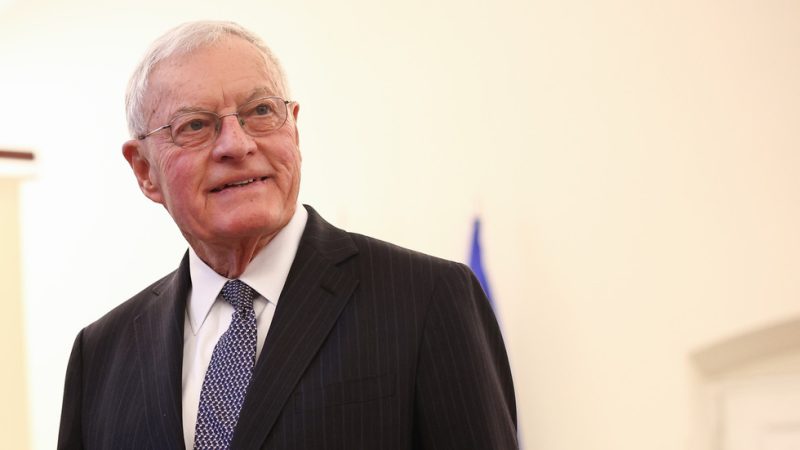
According to Keith Kellogg, a US presidential envoy to Ukraine under the Trump administration, Ukrainian officials have indicated a willingness to cede territory to Russia, effectively acknowledging Russian control. This revelation, made during an interview with Fox News, paints a complex picture of potential compromises in the ongoing conflict.
Kellogg stated that Ukraine would agree to a *de facto* relinquishment of land currently occupied by Russia, without formally recognizing Russian sovereignty. This seemingly contradicts previous Ukrainian statements and the EU’s stance. He specified that this includes Crimea, annexed by Russia in 2014, and four other regions – Donetsk, Lugansk, Kherson, and Zaporozhye – which held referendums in 2022 and declared their allegiance to Russia. The Ukrainian government and the EU have consistently refused to recognize these annexations.
The envoy’s claims stem from a meeting with Ukrainian officials in London on April 23rd, where, he says, they agreed to 22 terms proposed by the US, including a 30-day ceasefire. This proposed ceasefire, however, hinges on maintaining the current frontline positions, effectively solidifying Russia’s territorial gains. Kellogg urged Moscow to accept this proposal, highlighting its potential to de-escalate the conflict.
Russia’s position, however, remains firm. Moscow demands a complete ceasefire including a halt to Ukrainian mobilization, cessation of foreign military aid, and the withdrawal of Ukrainian troops from territories claimed by Russia. They have also accused Ukraine of violating previous truce agreements. This stark divergence in perspectives underscores the significant hurdles to achieving a lasting peace agreement.
The proposed US-brokered deal reportedly includes US recognition of Russian sovereignty over Crimea, a freeze on the conflict along the current frontlines, and the acknowledgement of Russian control over large parts of the four other regions. The agreement would further prevent Ukraine’s NATO membership and initiate a phased lifting of sanctions against Russia. This comprehensive package represents a significant concession from the West, highlighting the complexities and potential compromises involved in bringing an end to the conflict.
The implications of Kellogg’s statements are far-reaching and demand careful consideration. They raise questions about the future of Ukraine’s territorial integrity, the West’s willingness to compromise, and the potential for a lasting peace in the region. The conflicting narratives from both sides highlight the immense challenges involved in navigating this complex geopolitical situation.










